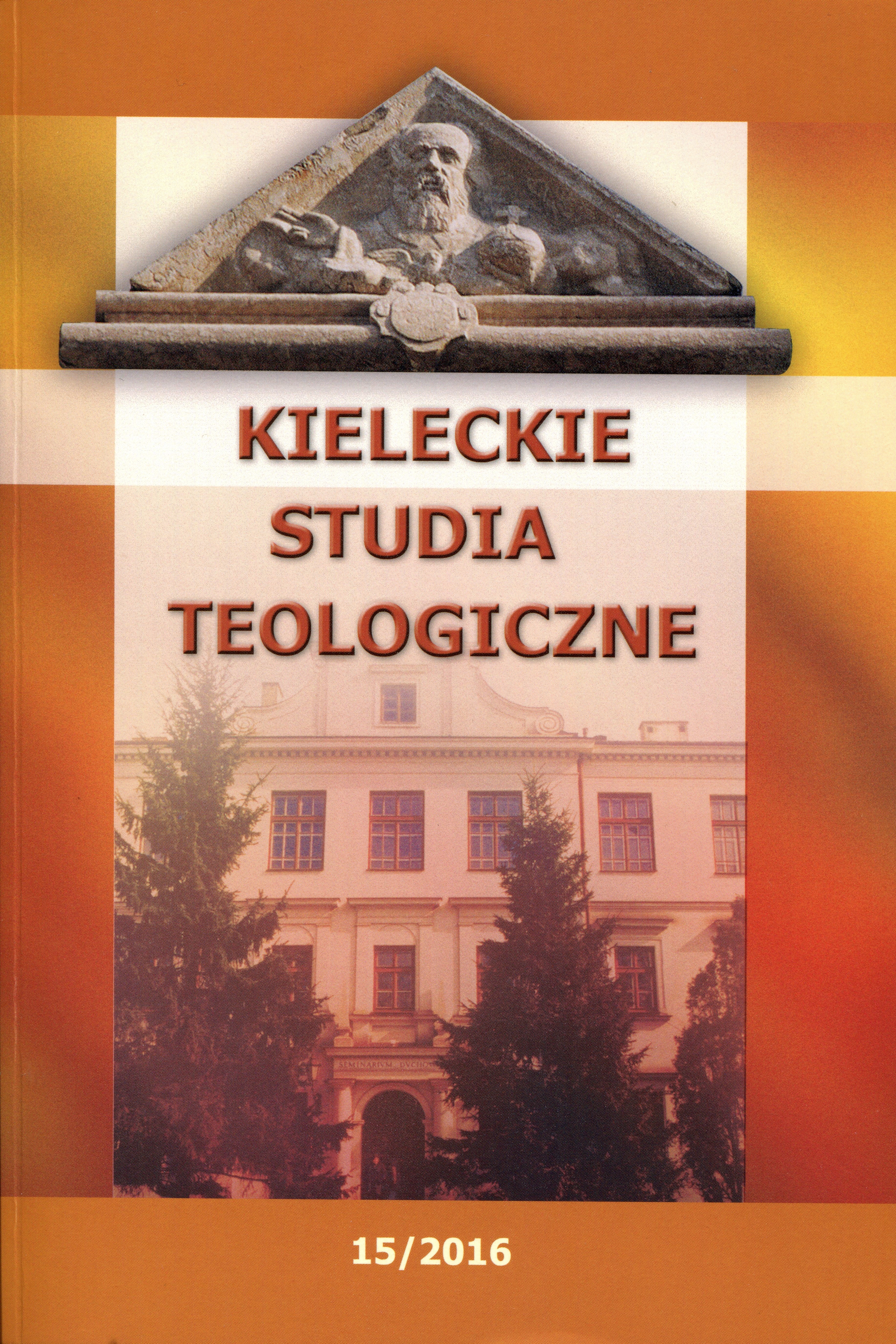KONKORDAT JAKO UŻYTECZNY INSTRUMENT REGULACJI STOSUNKÓW PAŃSTWO-KOŚCIÓŁ
THE CONCORDAT AS A USEFUL MEANS OF REGULATING RELATIONS BETWEEN THE CHURCH AND STATE
Author(s): Bartłomiej PieronSubject(s): Civil Law, Canon Law / Church Law
Published by: Wyższe Seminarium Duchowne w Kielcach
Keywords: concordat;religious rights;freedom of conscience and religion;Catholic Church;Holy See;state;international agreement;
Summary/Abstract: The concordat, aimed at normalizing the relations between the state and the Catholic Church, has had its long and rich history. Although the origins of this significant institution date back to the Middle Ages, the concordat has retained its relevance and usefulness until the recent times. The ongoing discussion concerning concordat features voices questioning the legitimacy of this type of regulation of mutual relations. The present article attempts to demonstrate the importance of the concordat as an international agreement, while reserving the necessity to adjust its certain solutions. In addition, the author’s intention is to show the positive impact of the concordat on the legal status of churches and other religious associations. The concordat agreement, by stabilizing the relations between the state and the Catholic Church, has retained its usefulness as a guarantee of freedom of conscience and religion, not only for the Roman Catholics, but also for all people of other religious affiliation.
Journal: Kieleckie Studia Teologiczne
- Issue Year: 2016
- Issue No: 15
- Page Range: 305-318
- Page Count: 14
- Language: Polish

